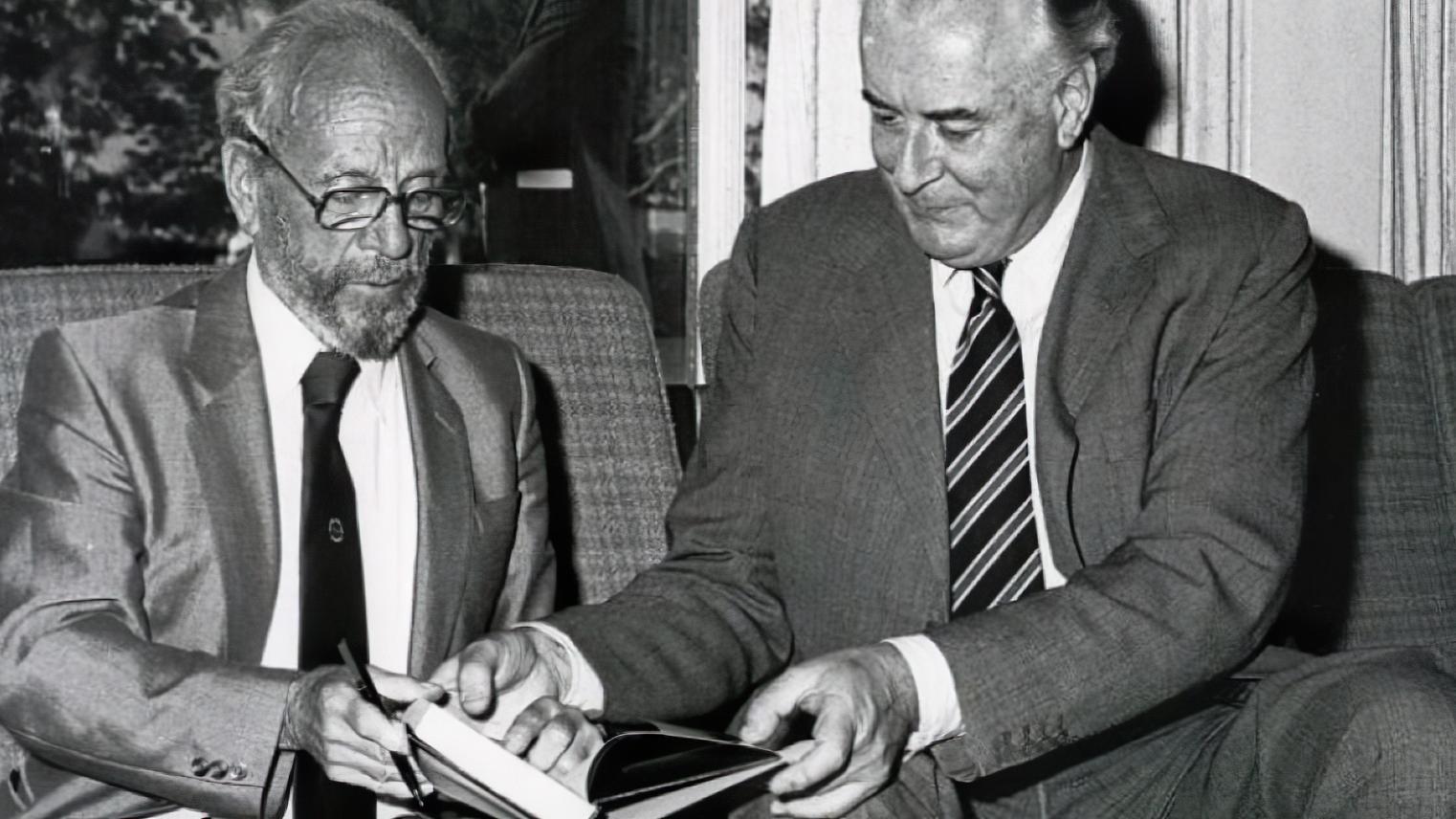The ANU College of Asia and the Pacific (CAP) is a distinctive community of multi-disciplinary, area and public policy-based academics, professionals and technical experts dedicated to research, education and engagement in the world’s most dynamic region.
Through its work, the College has played a critical role in advancing Australia’s engagement and understanding of the Asia-Pacific region, establishing the Australian National University as a global centre of excellence for research, teaching and impact in the region. Our specialists play a vital role in informing public policy and shaping Australia’s intellectual engagement with the societies, cultures and economies of Asia and the Pacific.

